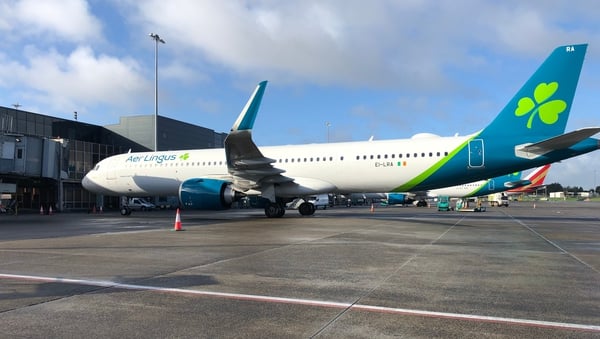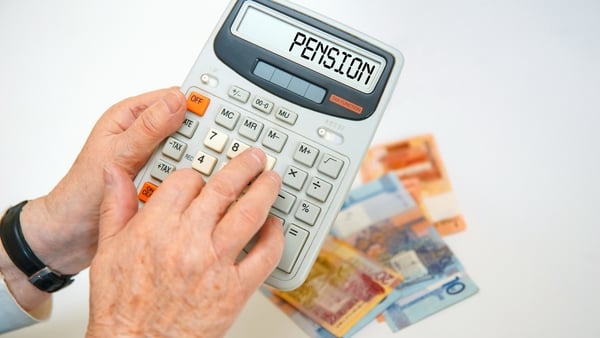The Department of Employment Affairs and Social Protection has issued advice for workers diagnosed with COVID-19 or self-isolating as a precautionary measure.
It says that where an employee is diagnosed with the virus, normal workplace arrangements regarding sickness and absence should apply on the same basis as for sick leave on other grounds.
Such people can apply for income support from the department in the form of Illness Benefit based on social insurance contributions, but will receive no payment for the first sick days.
They may also qualify for Supplementary Welfare Allowance based on a means test (without a six-day qualifying period).
An employee who has been directed by a doctor to self-isolate on the basis that they are a probable source of COVID-19 infection, and whose employer stops paying their wages, may also apply for income support under the same Illness Benefit and Supplementary Welfare Allowance schemes.
A person who self-isolates in accordance with the up-to-date HSE guidelines, but without a doctor's certificate, may apply for income support in the form of Supplementary Welfare Allowance.
Where an employer requests that an employee stay at home as a precaution, but the worker has not been advised to self-isolate in accordance with HSE guidelines, and where the employer cannot continue to pay their wages, the employee can apply for income support in the form of a Jobseeker Payment or Supplementary Welfare Allowance.
Workers who need to take time off to care for a dependent person with COVID-19 may be entitled to avail of three days "force majeure" leave in one year or five days over three years.
The department said employers may also choose to waive notice periods for claiming unpaid parental leave or to agree alternative leave or absence arrangements.






